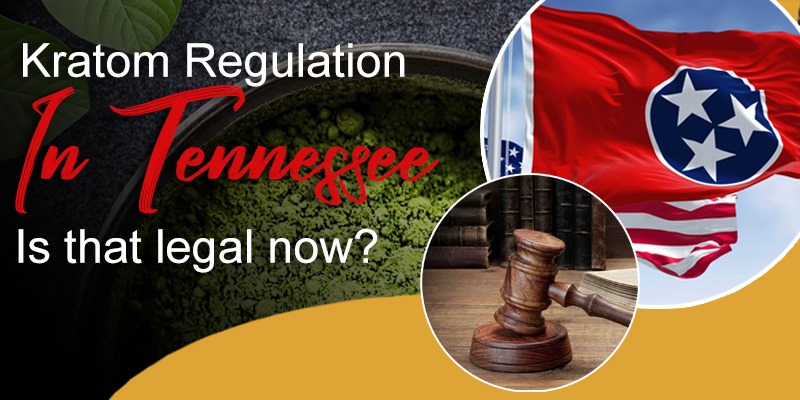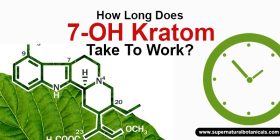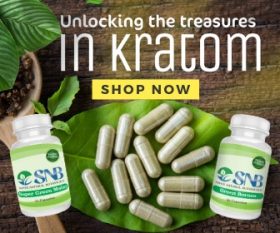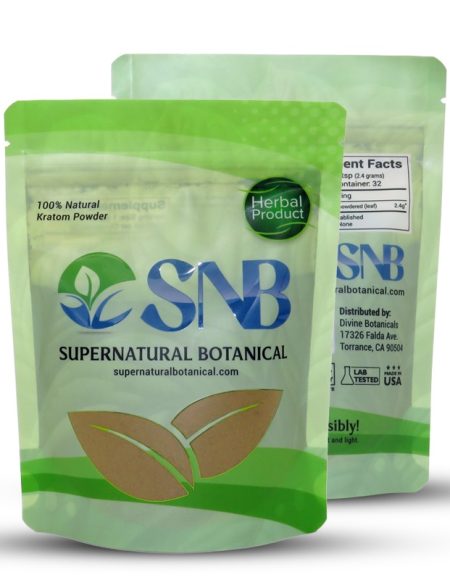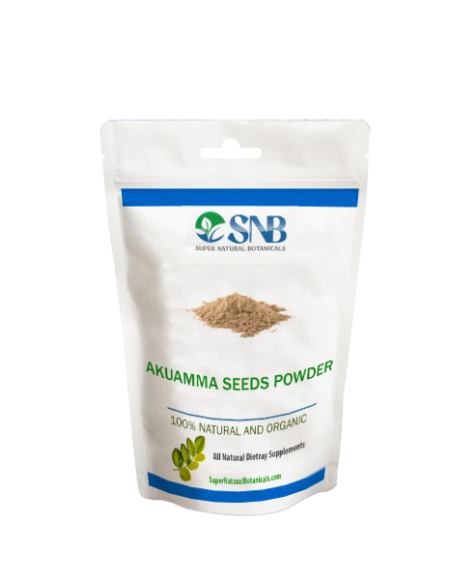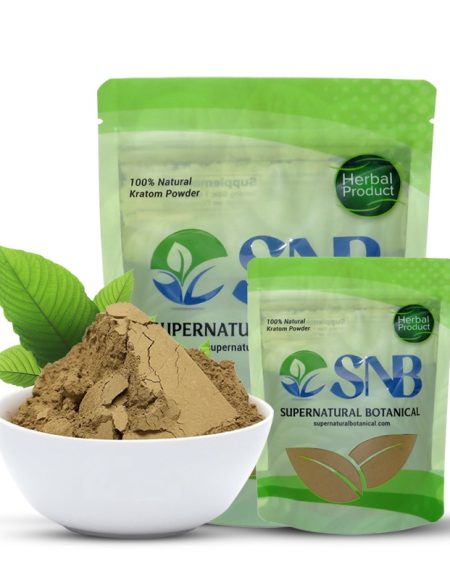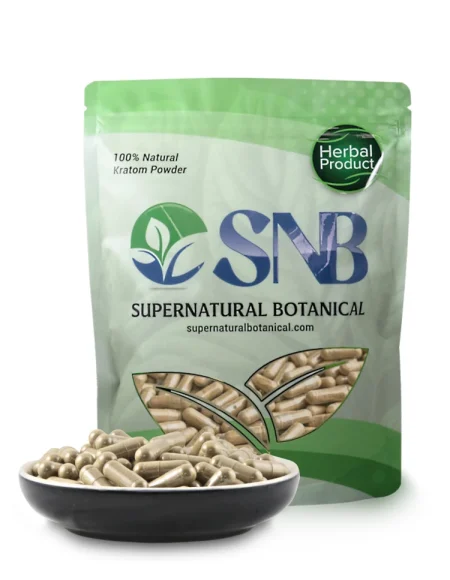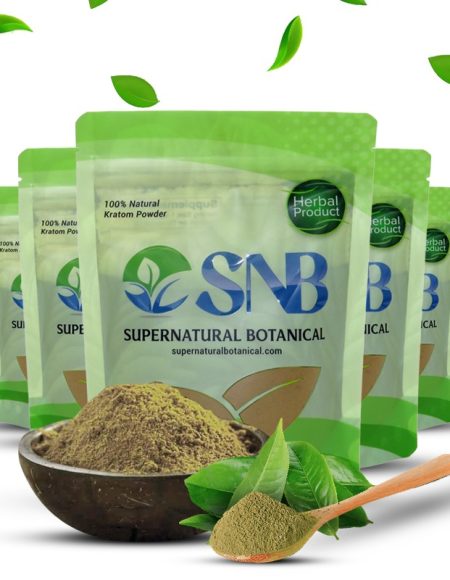As of 2025, kratom remains legal in Tennessee for individuals aged 21 and over, but the laws around it are rapidly evolving. Over 15 million Americans have reportedly used kratom, a natural herb known for its calming, mood-lifting, and pain-relieving effects. In Tennessee, this herbal supplement sits at the center of ongoing debates.
Most recently, in May 2025, Governor Bill Lee signed House Joint Resolution 147, signaling the state’s intent to pursue stricter regulation or a possible ban due to rising safety concerns. This article breaks down everything you need to know about kratom regulation in Tennessee: is that legal now?
Table of Contents
What Is Kratom?
Mitragyna speciosa or kratom is a tropical tree native to Southeast Asia. Its leaves contain natural compounds called alkaloids. The main ones are mitragynine and 7-hydroxymitragynine, which affect opioid receptors in the brain.
At low doses, kratom typically acts as a mild stimulant, helping users feel more energized, alert, and focused. Higher doses can promote relaxation, reduce anxiety, and help manage chronic pain or fatigue.
Many users also turn to kratom as a natural remedy for opioid withdrawal symptoms, making it popular among those seeking alternatives to prescription medications.
Why Kratom Raises Safety Concerns in Tennessee?
Although many people report benefits from using kratom, it remains a subject of ongoing debate in Tennessee. The FDA has not authorized kratom for medical use and has raised concerns regarding its safety. Moreover, the DEA has labeled it a “drug of concern” due to potential risks, such as dependency and adverse effects in some users.
A big part of the debate comes from the lack of rules in the kratom market. Without strong government control, some products may be mixed with dangerous substances or contain fake versions of the active ingredients. These mixed or fake products can be harmful and add to the worry of both the public and lawmakers. For this reason, kratom regulation in Tennessee becomes especially important to ensure product safety and protect public health. Strong oversight can help prevent harmful additives and provide consumers with more trustworthy options.
The Tennessee Kratom Consumer Protection Act (HB 861)
Tennessee lawmakers introduced House Bill 861, also known as the Tennessee Kratom Consumer Protection Act, to strengthen kratom regulation. While kratom remains legal under current law, this bill aims to set stricter safety and quality standards to protect consumers from contaminated or mislabeled products.
What does HB 861 include?
Ban on Sales to Minors
Reinforces the 21+ age requirement, making it illegal to sell or distribute kratom to anyone under 21.
Mandatory Product Testing
This law requires kratom products to be tested for contaminants, heavy metals, and adulterants, ensuring that only safe, natural kratom reaches consumers.
Clear Labelling Requirements
- Accurate mitragynine content
- Ingredient lists
- Warnings about possible side effects
- Manufacturer contact information
Goal of the Act
This bill does not ban kratom but regulates it to reduce harm and protect public health. By creating labeling, testing, and distribution standards, HB 861 aims to eliminate the risks of mislabeling, adulteration, and underage access.
Tennessee Kratom Law Now in Effect
The Tennessee Kratom Consumer Protection Act (HB 861) has officially been enacted. It was passed by the House and Senate on March 27, 2025, signed by the Governor on April 11, 2025, and became effective on April 28, 2025, as Public Chapter 199.
Mounting Pressure Beyond HB 861: The Bigger Fight Over Kratom (2023–2025)
While HB 861 focuses on safer regulation, broader efforts to restrict or ban kratom entirely have gained ground in recent years. Between 2023 and 2025, Tennessee has played a big role in the national debate over whether kratom should stay legal or be banned.
House Joint Resolution 147: A Step Toward Federal Action
In 2023, lawmakers put forward House Joint Resolution 147, asking the FDA and Congress to make kratom a Schedule I drug—the same category as heroin or LSD. This move sparked heated debate. Supporters highlighted:
- Growing use among young people
- Reports of kratom-related overdoses and hospital visits
- Lack of FDA oversight and potential for abuse
Despite pushback, Governor Bill Lee signed the resolution in May 2025, making Tennessee the first state to call for a federal ban on kratom formally. While the resolution doesn’t change state law, it shows strong political pressure to take further action beyond what HB 861 proposes.
Advocates Push Back: “Regulate, Don’t Ban”
Kratom supporters, including the American Kratom Association, argue that a ban would harm thousands who use kratom as a natural alternative to opioids or anxiety medications. They support HB 861 because it seeks to make kratom safer.
Retail Violations Highlight Enforcement Gaps
A 2024 undercover investigation by WKRN revealed that some stores in Tennessee were selling kratom to minors and offering unlabeled or untested products. These findings intensified calls for stronger enforcement and exposed the real-world risks of poor regulation.
Is Kratom Legal in Tennessee Now?
Yes, kratom is currently legal in Tennessee, but only under strict regulations that aim to protect public health while allowing responsible adult use.
Key Legal Requirements in Tennessee
- In Tennessee, you have to be at least 21 years old to buy or use kratom.
- The law only permits natural forms of kratom. Any product containing synthetic kratom alkaloids or altered chemical structures is illegal.
- Products must include accurate labeling that lists ingredients, the amount of mitragynine, and disclaimers warning against use by minors or pregnant women.
- Products must be sold in sealed, tamper-proof containers with clearly marked safety warnings.
- Retailers are prohibited from selling kratom to individuals under 21 or selling unapproved or synthetic kratom products.
Breaking these Rules and regulations in Tennessee Can Lead to Criminal Charges
If you don’t follow the kratom laws here, you could face misdemeanor or even felony charges, depending on how serious the violation is. For example, selling kratom to someone under 21 or offering synthetic or untested products can lead to legal trouble.
Retailers who fail to follow labeling or packaging rules may also be fined or lose their business licenses. Repeat offenses or knowingly selling dangerous products could result in harsher penalties, including jail time. Both consumers and sellers must understand and follow the law to avoid these serious consequences.
What’s Next for Kratom Regulation in Tennessee?
The future of kratom regulation in Tennessee remains uncertain but closely watched. While it is legal under strict rules, ongoing legislative activity suggests that changes could be coming.
Possible Federal Action
Tennessee lawmakers are also pressuring the FDA and DEA to take a more active role in regulating kratom. If kratom is eventually classified as a Schedule I substance at the federal level, it could override state laws and make kratom illegal nationwide, even in Tennessee.
However, there is also growing pressure from advocacy groups like the American Kratom Association to protect access to kratom through science-backed regulation rather than criminalization.
Increased Enforcement
Following media investigations and public concern, Tennessee may also see increased enforcement of existing laws, especially in stores that:
- Sell to minors
- Fail to label products correctly
- Offer synthetic or untested forms of kratom
Retailers and consumers must stay informed and compliant as state and federal policies continue to evolve.
Final Thoughts on Kratom Regulation in Tennessee—Is It Legal Now?
Kratom is still legal in Tennessee as of May 2025, but there are strict rules you have to follow. Adults aged 21 and over can legally buy and use natural kratom, as long as it meets strict standards for labeling, packaging, and purity. Synthetic versions and sales to minors are completely off-limits.
But don’t get too comfortable. With bills like the Tennessee Kratom Consumer Protection Act under review and growing pressure for federal action, the Kratom laws could shift quickly. Lawmakers and health officials are watching closely, and so should you.
If you’re one of the many Tennesseans who use kratom for relief or relaxation, the safest move is to stay informed, choose reputable brands, and follow the rules. Kratom is legal for now, but how long that lasts depends on what happens next in the statehouse and beyond.
FAQs
Can you buy kratom in Tennessee?
Yes, you can buy kratom in Tennessee if you’re 21 or older. It must be in its natural leaf form and clearly labeled. You can’t buy it if it has added chemicals or is fake. The state may change the rules soon, so it’s good to stay updated.
Are kratom extracts legal in Tennessee?
No, kratom extracts or products with added chemicals are not allowed in Tennessee. Only pure, natural kratom is legal. Using or selling fake or altered kratom can get you in trouble with the law.
Can I get kratom shipped to Tennessee?
Yes, you can have kratom shipped to Tennessee if you’re at least 21. The kratom must be natural and properly labeled. Be sure to order from a seller who follows Tennessee’s rules.
Can you grow kratom in Tennessee?
There are no laws against growing kratom in Tennessee, but it’s very hard to grow because the weather isn’t right. Kratom plants need a warm, tropical climate, so they usually don’t grow well in Tennessee unless kept in a greenhouse.
Can someone sell kratom in Tennessee?
Yes, people can sell kratom in Tennessee if the buyer is 21 or older and the product is natural and clearly labeled. However, new rules might come soon, so sellers should keep an eye on any legal changes.


Heather lives with her husband and two children in beautiful British Columbia. Her passion has always been to enhance the lives of others by helping them reach their own personal goals and accomplishments. Content management is her specialty, and writing is what she does best. Her love for helping others lead her to the cannabis and kratom scene, where she saw an immense gap between patients and medicine that can help them.


